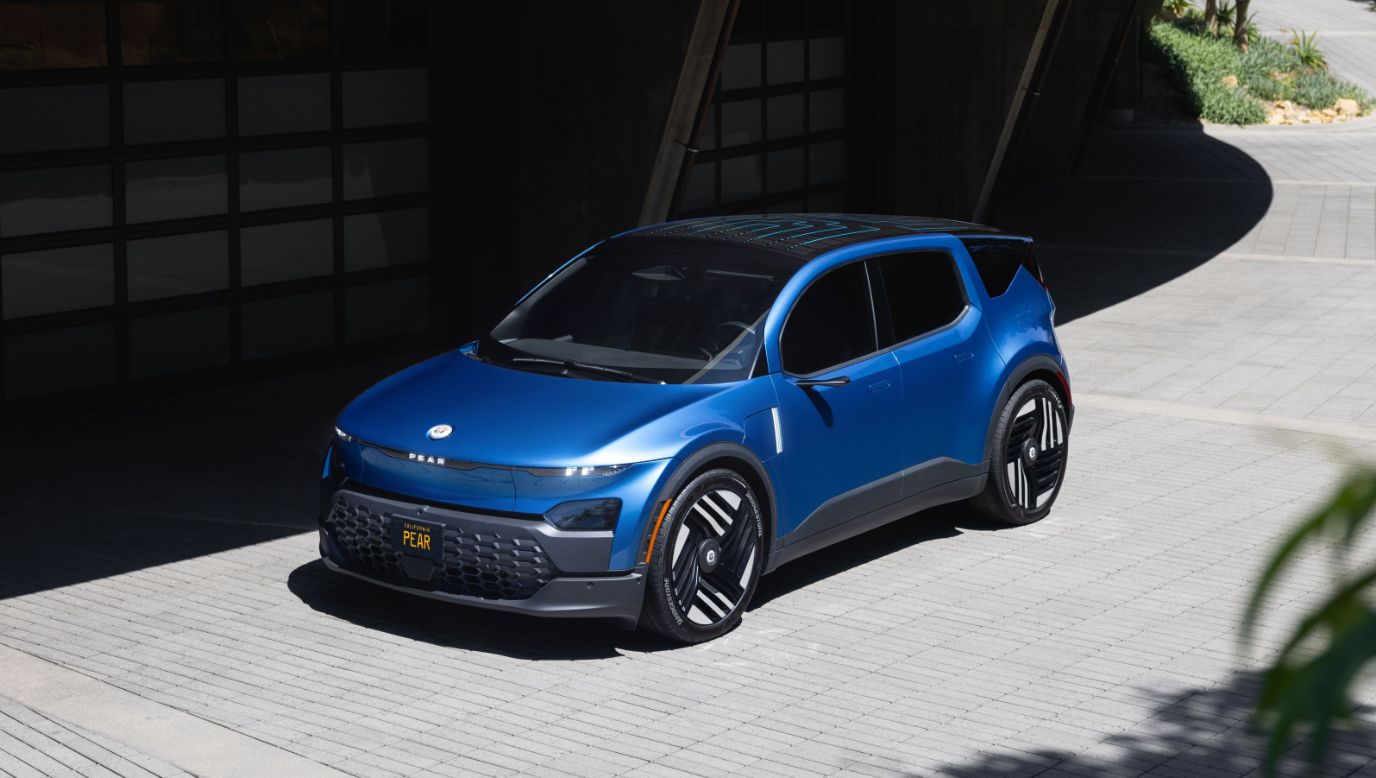Fisker has revised its 2023 production expectations downward. The company now anticipates producing 13,000 to 17,000 electric vehicles, a significant reduction from its initial projection of 20,000 to 23,000 units. Fisker attributes this adjustment to challenges in scaling up deliveries and acknowledges weaknesses in internal controls over financial reporting.
Chief Financial Officer Geeta Fisker emphasized the company’s commitment to responsible decision-making for long-term sustainability during a post-earnings conference call. This production cut follows a previous reduction in forecasts in August, primarily attributed to delays from a key supplier. While the supply chain has reportedly stabilized, Fisker anticipates occasional bottlenecks from select suppliers in the future.
This announcement coincides with industry concerns about a potential slowdown in electric vehicle demand. Tesla CEO Elon Musk has raised alarms about high interest rates affecting consumer sentiment, and both Ford and General Motors have approached the market cautiously. Luxury EV maker Lucid also recently adjusted its production forecast in response to lower delivery numbers.
Fisker, like its competitors, has engaged in a price war, reducing the cost of its high-end Ocean Extreme SUV to stimulate demand. However, the company asserts that its delivery and service infrastructure, rather than production capacity or demand, is the primary limiting factor. CEO Henrik Fisker acknowledged challenges in meeting delivery timelines, leading to customer frustration.
Despite the production cut, Fisker reported delivering 1,200 vehicles in October, surpassing the third-quarter figure of 1,097. The company aims to further increase deliveries by hiring additional staff, collaborating with more logistics partners, and establishing new facilities. However, the third-quarter financial results fell below analysts’ expectations, with revenue at $71.8 million and a larger-than-expected loss of $91 million.
Fisker had delayed the release of its financial results, citing the departure of its former chief accounting officer. On Monday, the company revealed the existence of material weaknesses in its internal control over financial reporting. These issues pertain to complex accounting across multiple countries, involving convertible notes, derivatives, and inventory management in the contract manufacturing of its vehicles. Fisker is actively addressing these concerns by hiring experts to enhance its internal controls.




